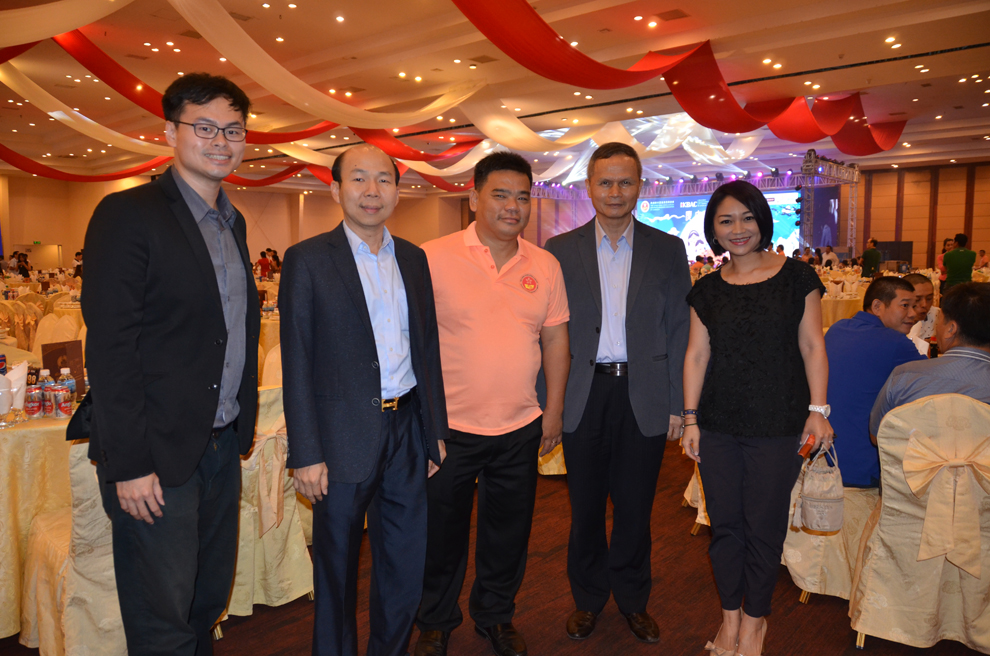
Chef Zhang Jing Ling says the flavours of Khmer cuisine comes from herbs sourced locally.
YI Sang is a food and beverage (F&B) brand which blossomed out of Luu Meng’s passion for Chinese cuisine. He started the brand to introduce Chinese cuisine to the Cambodian market.
Since its establishment 11 years ago, Yi Sang has grown into a well-known F&B brand that’s well received by locals in Phnom Penh. However, this was not the case when the brand took its first baby steps.
Luu Meng, who is Almond Group CEO, said: “This was because in Khmer language, there is no pronunciation for Yi Sang, making it a big challenge in terms of brand building and marketing.
“My team and I had to think of ways to explain the meaning of Yi Sang, which is a composite of the Cantonese words for ‘fish’ and ‘life’.

Painstaking efforts to create special dishes at Yi Sang restaurants.
And when the restaurant was promoting dim sum, we had to carry out a promotion campaign to create the awareness of the Cantonese culture of eating dim sum and drinking tea.
Yi Sang restaurant’s Chinese chef Zhang Jing Ling told The Post that Cantonese dishes did not suit the palate of Cambodians.
“The flavours of local cuisine comes from the herbs and local ingredients. That is why I am always experimenting and trying to infuse some local taste into our dishes.
Among the popular dishes by Yi Sang are organic Kulen black pig and seasonal favourites like bong kong and giant prawns from the Mekong river.
Luu Meng said that Almond group sources food ingredients from the farm to the table.

Luu Meng (centre) is the brains behind Almond Group.
The purpose is to get the freshest ingredients which are farmed without pesticides or chemicals. “We try our best to ensure only the freshest possible ingredients are used, some of which are organic.
“We buy the ingredients directly from farmers to support them. There are many communities in different locations that can produce good quality food ingredients, such as pork (Kandaw Kulen pigs), vegetables and fruits.
Luu Meng said recently, Almond Group started purchasing the Kulen pigs, which is a key resource for the indigenous communities living in Svay Leu District, at twice the market price to support them. Other than that, the group is buying chives and bananas from Anloung Chen Island in Kandal province.
“By getting ingredients directly from the farm to the table, we skip the wholesaler in the supply chain so the ingredients are delivered faster to us. As an example, chives from Anloung Chen Island are sold to the wholesaler and then in the market.
“After we started sourcing it directly from the farmers, only fresh chives are delivered to us and it is easier to maintain quality control,” he said.

Yi Sang is a composite of the Cantonese words for ‘fish‘ and ‘life‘.
.jpg)










